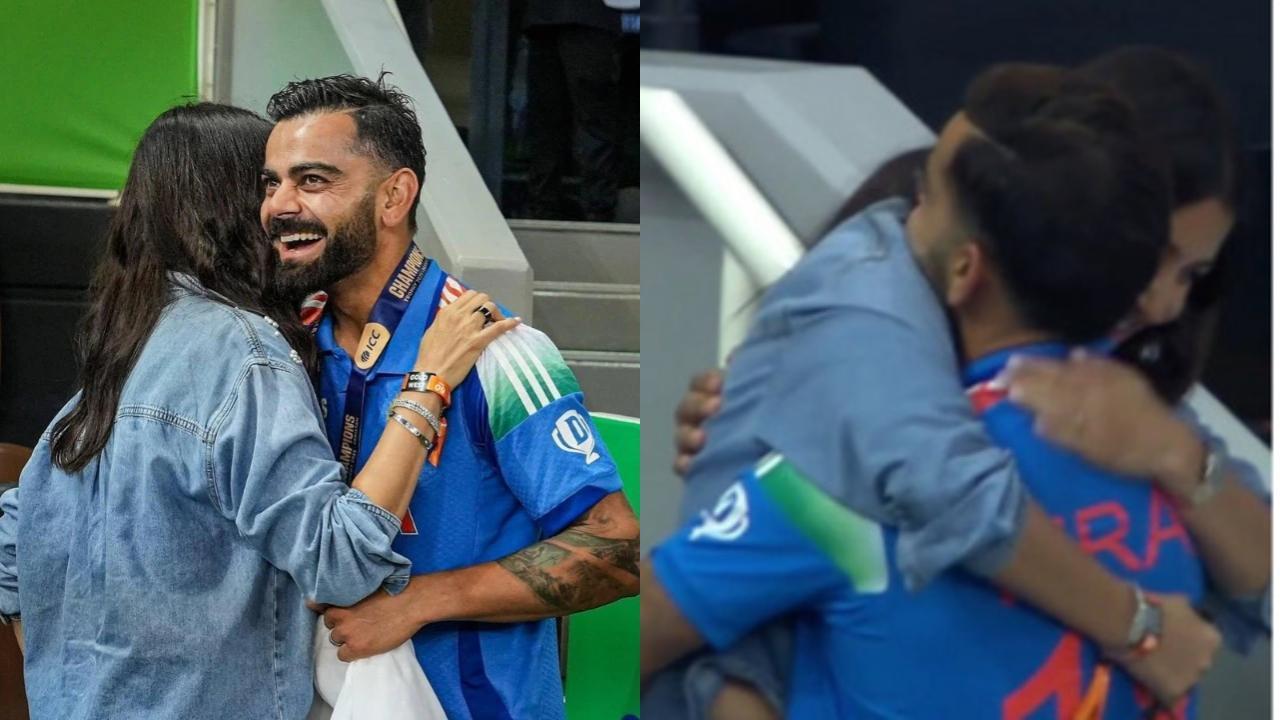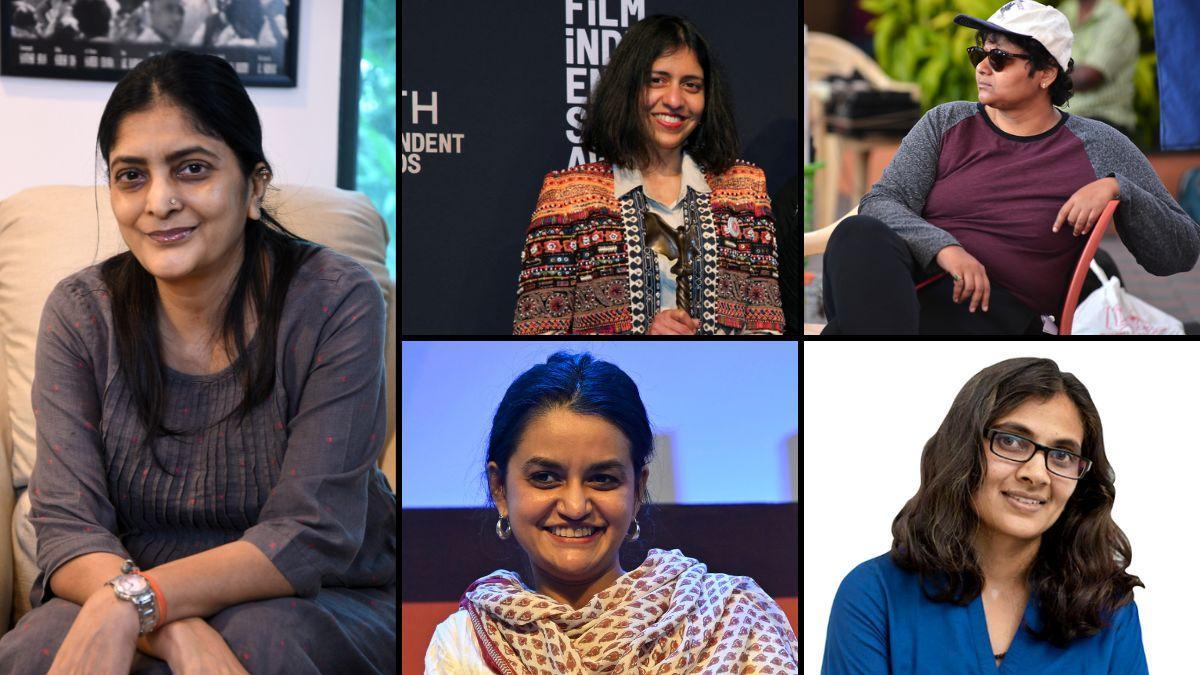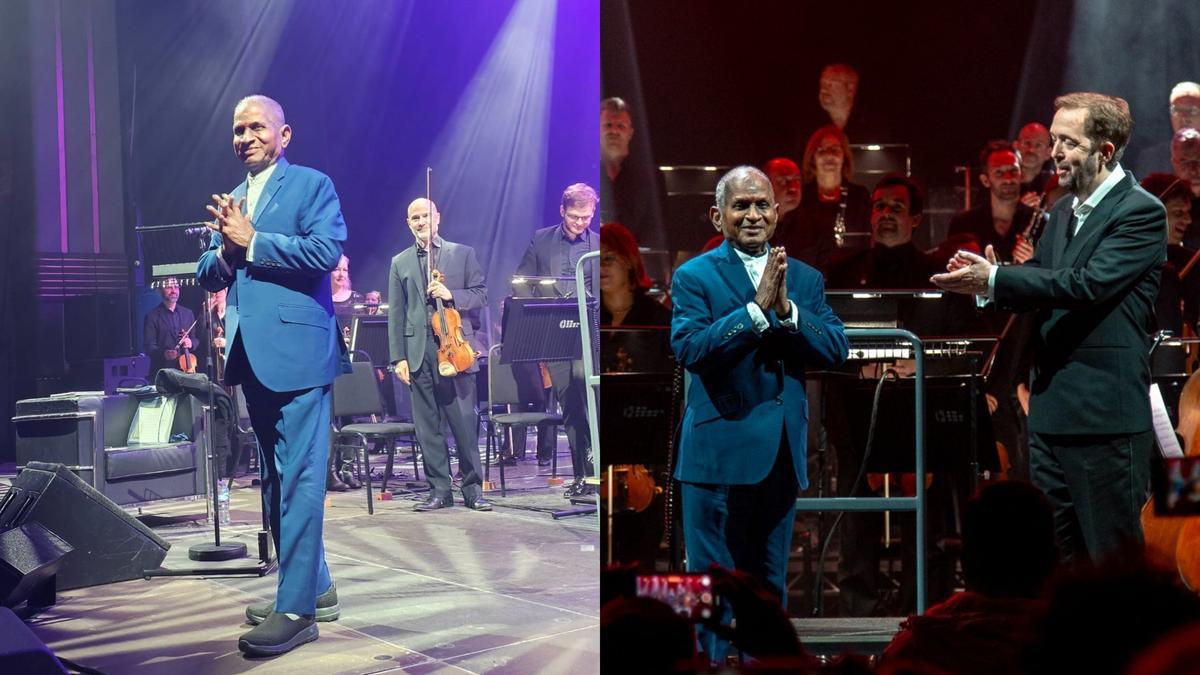
In the vast landscape of Indian cinema, a genre remains notably underexplored: dystopian narratives. While they have left an indelible mark on international moviegoers, the foray into dystopian themes within Indian films has been sparse, leaving an appetite for the subversive that has yet to be sated. The obstacles are many—ranging from the pragmatic limitations of live-action production to the shadow of censorship that looms large. However, these hurdles have paved the way for a compelling alternative: independent animation. Armed with an arsenal of freeware and sophisticated tools, and spirited by the revolutionary essence of the genre, the animation auteur stands poised to reshape Indian storytelling.
For those captivated by the likes of “Akira” and “Ghost in the Shell”, or the techno-anarchic style of “Love, Death & Robots”, the anticipation builds for Ishan Shukla’s full-length feature, “Schirkoa: In Lies We Trust”. Ahead of its premiere at the International Film Festival of Rotterdam (IFFR), this film began its journey as a short in 2016, grabbing attention when it garnered the Best Animated Short at the Oscars-qualifying LA Shorts Fest. The short distinguished itself by blending 3-D computer graphics with an aesthetic drawn from traditional hand-craftsmanship. With ambition and vision, Shukla secured grants from France, Germany, and the United States to transform his short film into a feature-length odyssey.
Schirkoa’s developmental journey is particularly notable for its utilization of a game engine, making it one of the few animated features developed in this innovative way. Shukla revealed, in a Zoom call conversation, that Epic Games’ Unreal Engine was a game-changer. The creators of blockbuster games like Fortnite and Gears of War supported Shukla’s ambition through the Epic MegaGrant. The real-time capabilities of the game engine unlocked creative potential—allowing Shukla to seamlessly shape the film’s art style even as the camera swept through scenes.
The storyline of “Schirkoa” resonates with the somber timbre of classic dystopian tales. Set in the eponymous city, a neon-bathed urban sprawl shackled by an authoritative regime, the societal fabric of Schirkoa is tightly controlled under the pretext of ‘Safety, Sanity, and Sanctity’. Its citizens are veiled, quite literally, as they wear bags over their heads enforcing an oppressive uniformity. The protagonist’s narrative arc runs parallel to that of Terry Gilliam’s “Brazil”, as a bureaucrat ensnared in this desolate machine, amidst the whispers of war and rebellion.
Shukla’s own narrative was informed by global political unrest—from the Arab Spring to societal shifts in Syria, the Trump era, Iranian discord, and Hong Kong protests. The impact of Prime Minister Modi’s governance also left its mark. Yet Shukla, a BITS Pilani alma mater who came into his own as a CG artist in Singapore, aspired for his work to transcend the transient, to touch upon enduring aspects of human civilization. His storytelling reflects universal facets of the human condition, such as xenophobia, which he believes to have roots tracing back to the dawn of humanity.
While Shukla’s inspirations are manifold, video games have exerted a considerable influence—a departure from convention. The bleak grandeur of the BioShock series and the stylized impressions of Borderlands and Dishonored fuel his dystopian musings, highlighting a cross-pollination of media. Motion capture technology, often a staple in gaming, brought theatricality to “Schirkoa”, an homage to Shukla’s theater-inclined lineage, directing real actors to animate his on-screen characters.
The voice cast assembles a diverse array of talent, from poet-lyricist Piyush Mishra to international names like Gaspar Noé and singer-songwriter Soko, gathered through a network of cinematic icons like Shekhar Kapur, Anurag Kashyap, and Karan Johar. The latter brought to life the crucial role of a dystopian television host, infusing charm layered with irony. Complementing the visual tapestry, Sneha Khanwalkar’s score interweaves synth and jazz to instill an elusive temporal quality to the film’s acoustic atmosphere.
Anchored in Vadodara, Gujarat, Shukla directs operations from his company, Red Cigarette Media, while fostering collaborations across the globe. His team reflects a mosaic of talent, drawing from the skills of Tehran-based illustrator Shahab Serwaty and Chinese character designer Yaning Feng. Despite the wealth of technical skill in India, Shukla laments the lack of independent vision which stifles the rise of the indie animation scene in India compared to its global counterparts, a scenario poised to become an anachronism as technology democratizes creative power.
With “Schirkoa: In Lies We Trust”, Shukla ventures into a realm where few Indian filmmakers have dared to tread, signaling not just an arrival but an evolution—an emblem of the indie spirit that narrates boldly, even in the quietest of whispers.










